Simple Tips To Prevent Cholera When Traveling
When traveling to third world countries, individuals can easily become infected with cholera. Getting it is a quick way to ruin a vacation. Cholera is usually spread through the water and it is infectious, causing severe diarrhea. If sufficient water and nutrients are not quickly replaced, it could lead to death within just a few hours. A vaccine is available for travelers but it may not prevent them from getting cholera. Individuals can help themselves and their family members avoid it by taking some additional steps.
Individuals need to be aware that it may not be possible to identify someone with cholera, so they should be careful not to interact too much with others and touch them. Patients can spread cholera and not even know that they have it. It may only be visible in as few as five to ten percent of those who have the disease. This is why cholera can be so easily spread to others, which is what happened in Haiti and Nepal not long ago.
Get to know simple and major ways travelers can prevent cholera now.
Drink Only Disinfected or Bottled Water
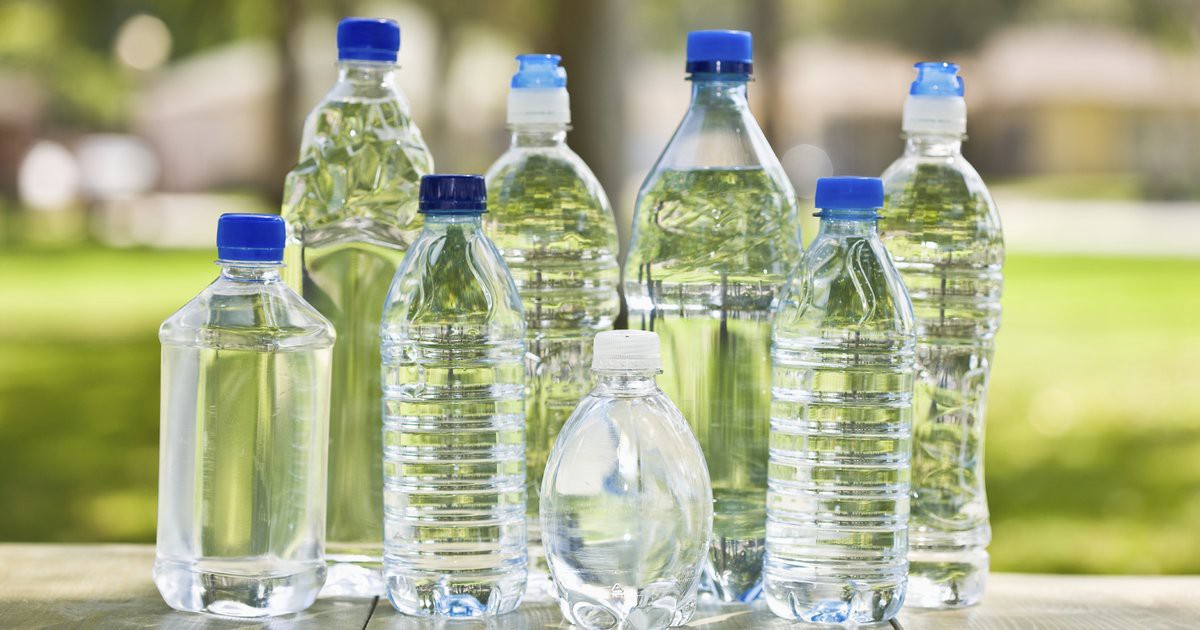
Making sure drinking water is safe is very important because, in a poor country where cholera is present, travelers can almost be certain bacteria are in the water. Cholera is spread through contact with feces and countries that do not have good toilets and sewer systems are prone to have the disease in their water. This makes it very important for individuals to be aware of any water they use at any time while in that country.
To avoid cholera, travelers should only use bottled water with an intact seal. Carbonated drinks, fruit drinks, alcoholic beverages, are also good if the seal has not been broken. If there is water on the outside of the can or bottle, travelers should be sure to wipe it off and let it dry before opening it. Coffee and tea served very hot are usually safe. Drinks sold in cups may not be safe. A good rule to follow is to drink only disinfected or bottled water. Travelers should avoid using ice in a restaurant because they do not know how it was made. Travelers should not use local water to brush their teeth or wash with as well.
Learn more about preventing cholera when traveling now.
Wash Hands With Treated Water
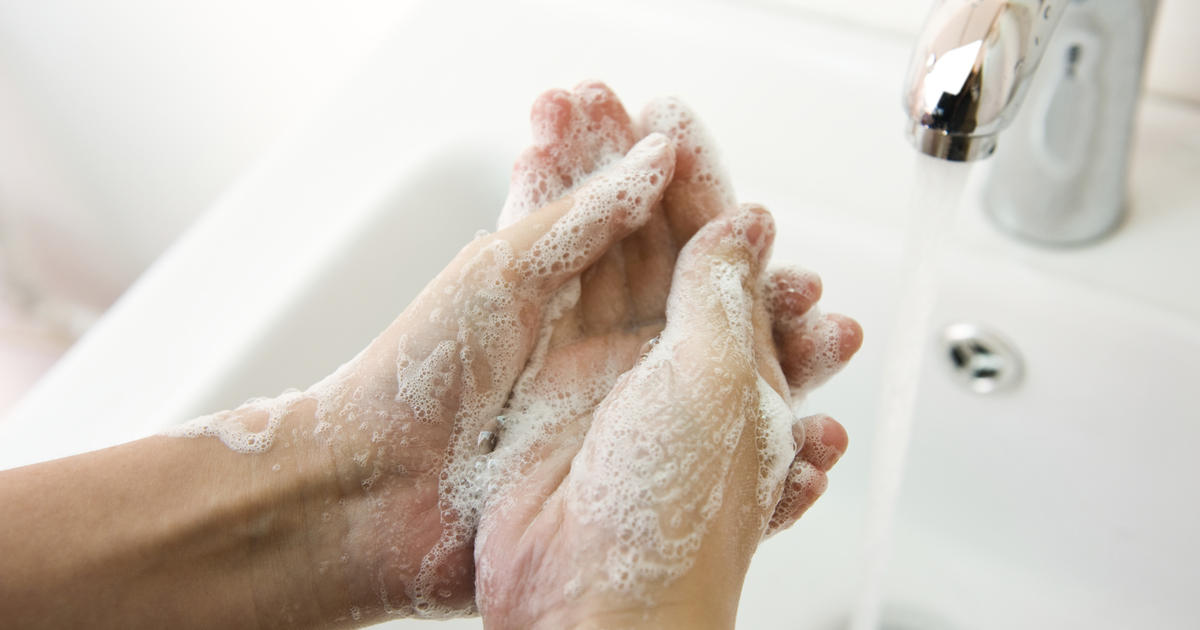
Individuals should keep their hands clean as much as possible to avoid getting cholera when traveling. This can be done in many ways, including avoiding accidentally putting their hands in their mouth or rubbing their eyes. Travelers should always wash their hands with treated water and soap before eating or snacking. They should also be sure to wash their hands after using the toilet or latrine, or after coming in contact with animals. Swimming is also a problem, especially if there is not a toilet nearby. Some individuals may have decided to simply go to the bathroom in the water which will spread cholera and make anyone who goes in the water susceptible to it.
Uncover more details on how to prevent cholera when traveling now.
Avoid Consuming Raw Fruits And Vegetables
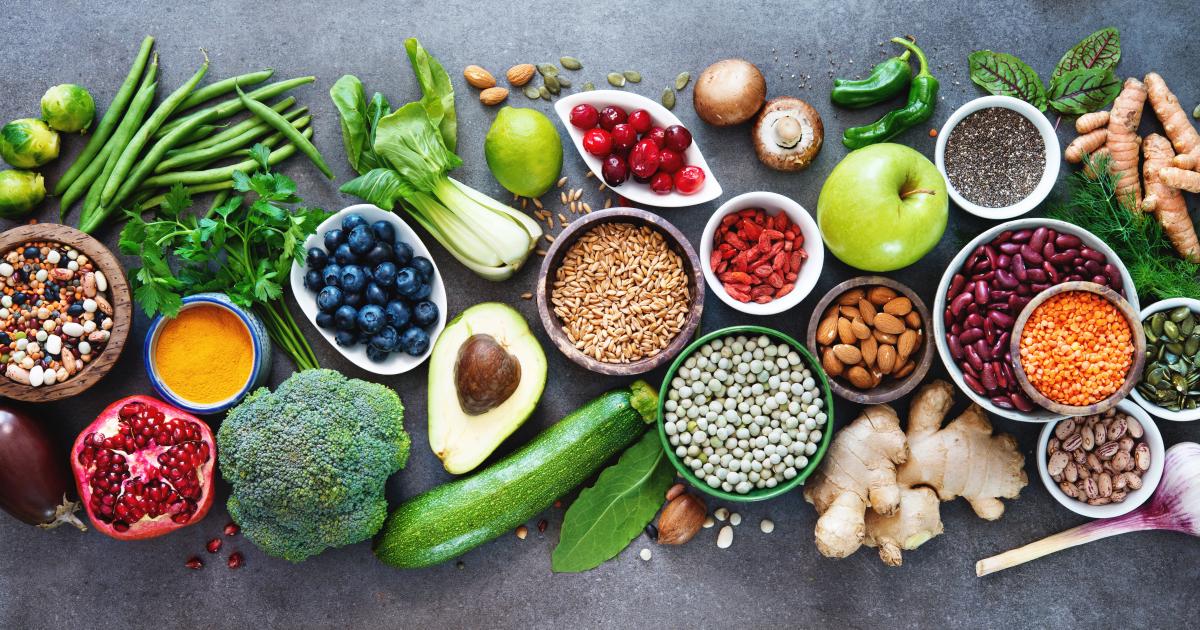
Fruits and vegetables grown in poor areas may have been grown with the aid of water from a contaminated source. Travelers really have no way of knowing where it came from so it is best to avoid consuming raw fruits and vegetables when abroad.
Food should be thoroughly cooked and hot when it is served. If it has been at room temperature for some time and is not reheated before serving, it can place travelers at risk for developing cholera. Individuals should also avoid eating fruits or vegetables they do not need to peel. They can wash vegetables under safe running water, or soak them in safe water, and then rinse with safe water. If the fruit of vegetable needs to be peeled, it should be peeled by the individual who will be eating it.
Discover more simple tips to prevent cholera when traveling now.
Get Vaccinated Before Traveling
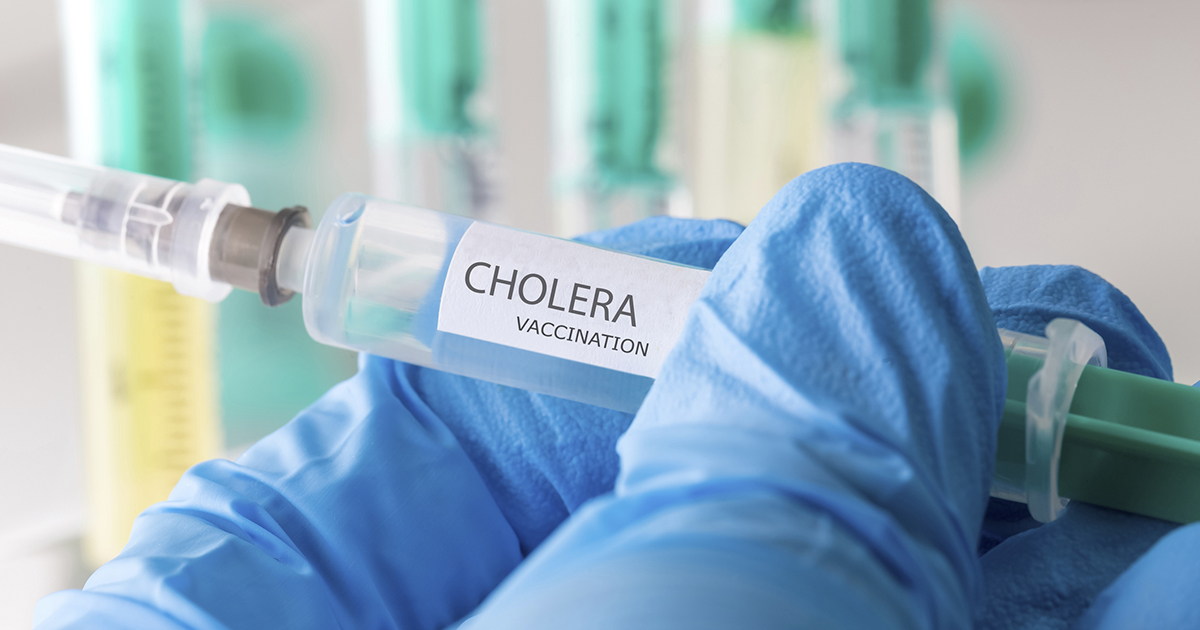
Before traveling, individuals should find out if cholera is a problem where they are going to be visiting. If it is, they should be sure to get vaccinated for cholera before they leave. The new cholera vaccine is given in two separate doses, given ten to fifteen days apart. It is given orally and it is only recommended for individuals older than two years. Due to the delay between doses of the cholera vaccine, it cannot be used after individuals become infected with cholera. After getting both doses, travelers should remember they still need to follow the general recommendations of avoiding contaminated water.
Get more information about how to effectively prevent cholera when traveling now.
Avoid Street Food And Seafood
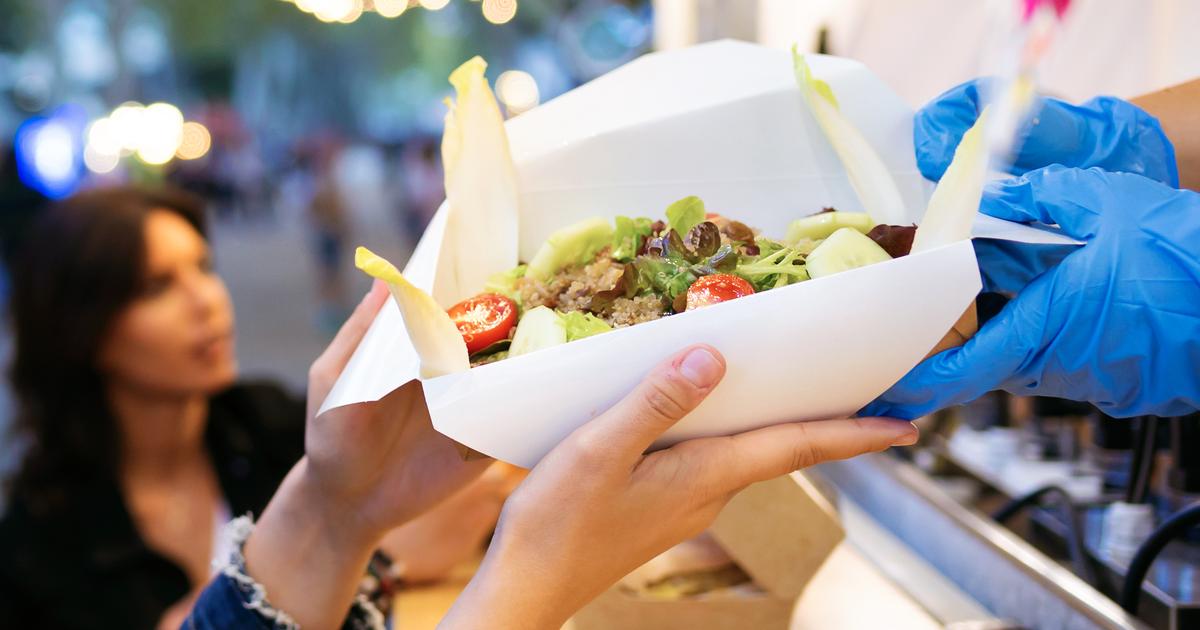
In poor countries, there usually is not a high regard for hygiene and sanitation. Since a vendor may have cholera or be a carrier, possibly without even knowing it, travelers will want to avoid street food and a lot of seafood. The bacteria may be in the water used to prepare the food, or the vendor’s hands may not be clean enough to prevent the spread of the disease.
In foreign countries, seafood is often undercooked or raw. This means bacteria are not destroyed. Seafood and shellfish may be caught from a tropical reef where bacteria may abound from water runoff and pollution. If travelers want to buy from a vendor, they should be sure the food is thoroughly cooked in their presence and that it does not contain anything uncooked in it.